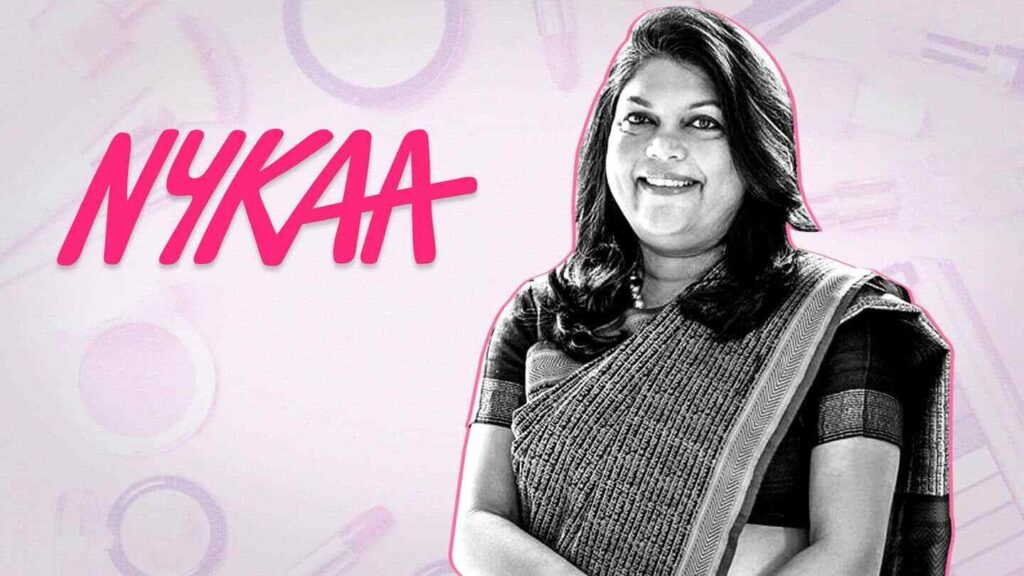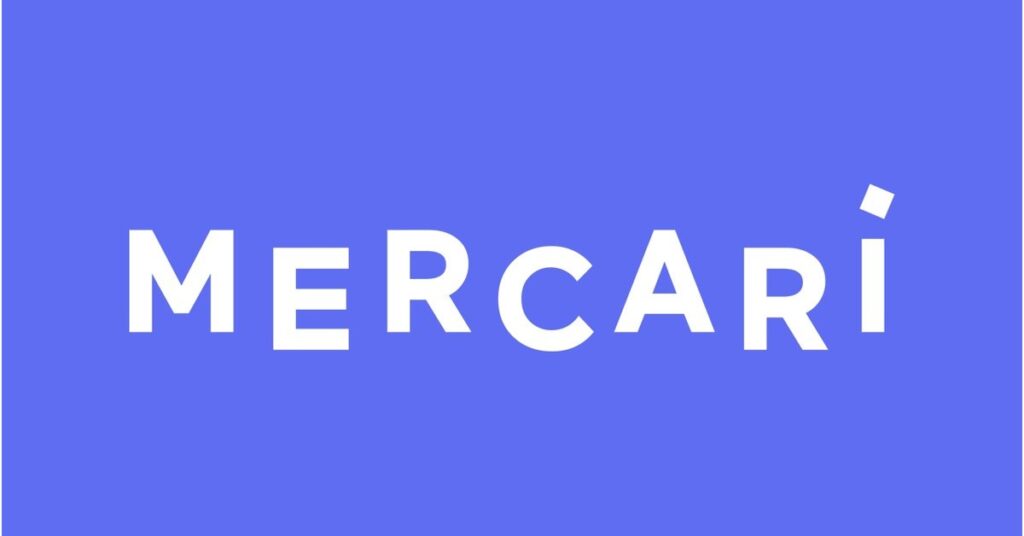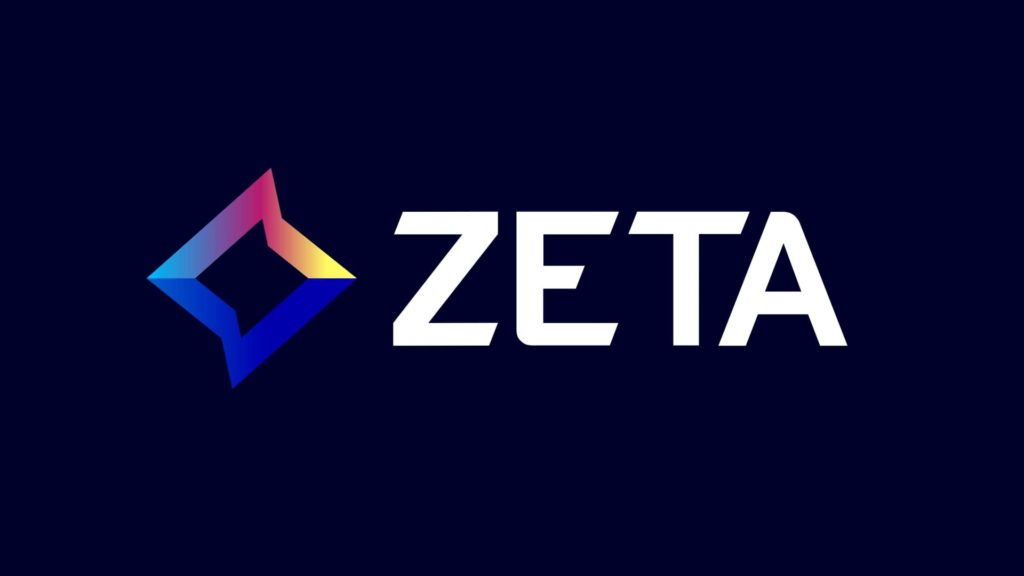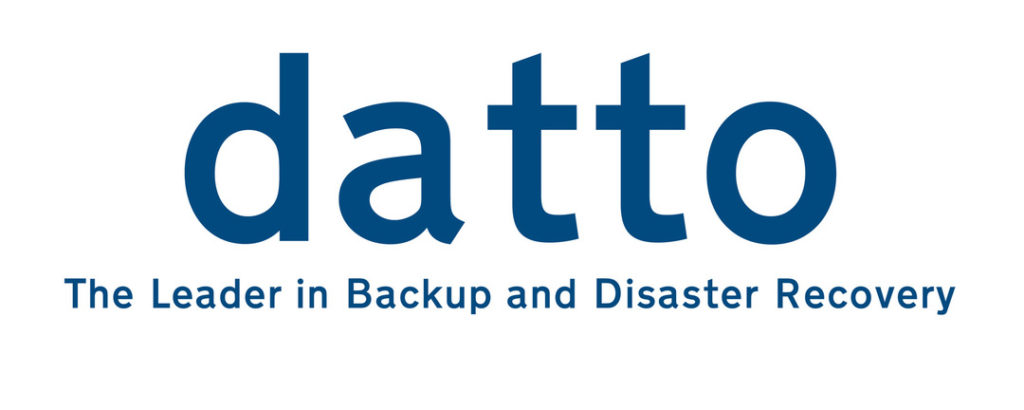Falguni Nayar: India’s wealthiest self-made female billionaire
In the current modern times, women like Falguni Nayar are making noteworthy participation in the entrepreneurial network of India. Our country brags about successful businesswomen all over the world. Women-led startups offer about 35% higher ROI in comparison with the businesses led by men.

Women entrepreneurs play an important role in increasing job opportunities, wealth, and the nation’s development. The rich list has seen a rise in self-made entrepreneurs this year. Many she-preneurs have made it to the list during the current year increasing the number of women bosses from 13 to 55.
“What makes the Indian wealth creation story truly inspirational is that 67 percent of the list is self-made, up from 54 percent five years ago. Also, 79 percent of the new faces this year are self-made as well,” Anas Rahman Junaid, MD, and Chief Researcher, Hurun India stated. “The wealth creation engine of first-generation entrepreneurs and professional managers is on full throttle and is an important driver for India’s GDP to swiftly reach the $5 trillion mark”, He added.
“It is exhilarating to see the entrepreneurial ecosystem of India contribute a significant amount to this list with the rising number of women entrepreneurs and uptick in self-made entrepreneurs,” Co-Founder & Joint CEO, IIFL Wealth, Yatin Shah, stated.
Source: businesstoday.in
The IIFL Wealth Hurun India Rich List 2022 has become a little more inclusive in the present year. Founder and chief executive officer of Nykaa, Falguni Nayar, has surpassed ‘biotech queen’ and Biocon founder, Kiran Mazumdar Shaw (Net worth Rs. 24,800), to become the richest self-made woman in India and the seventh women billionaire on that list after a mega listing of her beauty and wellness e-commerce platform Nykaa.
Nykaa is India’s first Unicorn startup led by a woman. It was founded by Falguni Nayar in 2012, selling beauty and personal care products via its mobile app and website. Nykaa, which is a Sanskrit word for the actress, became quite popular with young techno-geek Indians, mostly women, who opt for the wide selection of brands in comparison with what was on offer at their local shops.
The 59-year-old Falguni Nayar became the second largest wealth gainer this year with an increase of 345 percent in her wealth after the businessman Ravi Modi of Vedant Fashions.
At the listing ceremony on Wednesday, Nayar said, “I hope the Nykaa journey – an Indian-born, Indian-owned, and Indian-managed dream-come-true – can inspire each of you.”
“The best part about Nykaa is that it lets me access so many global brands that had never been sold in India before,” said 30-year-old loyal customer Sanaeya to the AFP news agency.
Source: hindustantimes.com
Her rank increased by 169 positions to the 33rd spot and Her wealth ranked up by 345 percent, which is about 30,000 Crore INR in the previous year, to report a net worth of Rs. 38,700 Crore. Also, she ranks 5th in the Top 10 biggest gainers list. Nykaa’s wealth has increased by 1,388 percent in five years.
The e-commerce platform has also invested in a few companies this year. It declared the acquisition of an 18 percent stake in clean beauty brand Earth Rhythm for 42 Crore INR and a 60 percent stake in Nudge Wellness for 4 crore INR.
Nykaa’s popularity has increased and so did its brand appeal, with top Bollywood actors such as Katrina Kaif and other renowned social media influencers, and celebrities supporting the e-commerce platform breaking new ground in makeup carts and skincare for tech-savvy Indian women. The brand also developed its in-house brand of products in 2015 and start selling clothes and household products recently. It has a highly increasing street presence with 80 stores in over 40 Indian cities.

I am a student pursuing my bachelor’s in information technology. I have a interest in writing so, I am working a freelance content writer because I enjoy writing. I also write poetries. I believe in the quote by anne frank “paper has more patience than person



